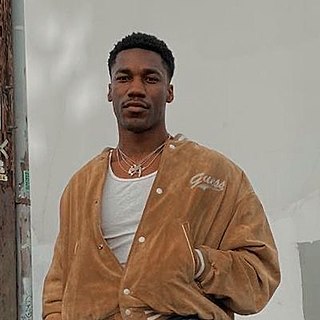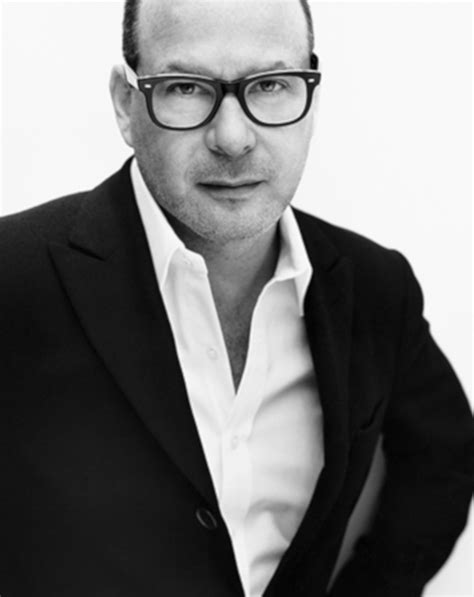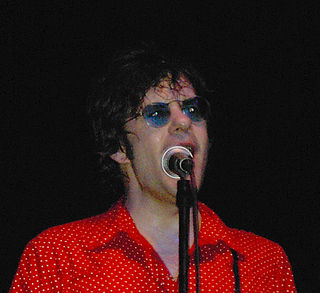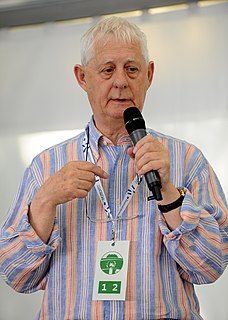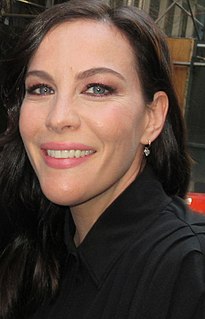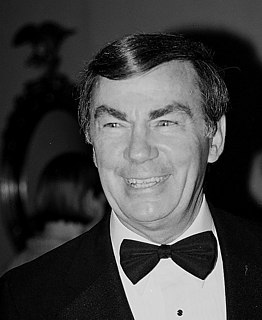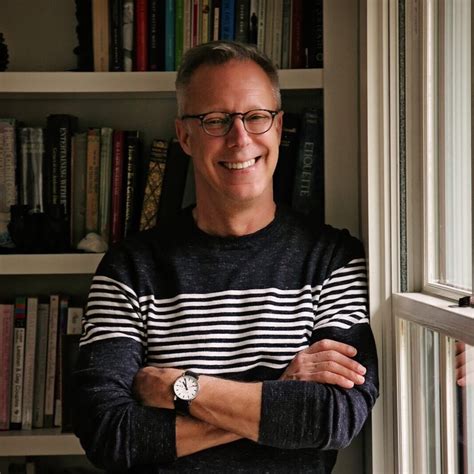A Quote by Anderson Cooper
If someone knows me and likes me or my work, they're more likely to allow me to tell their story. But it also cuts the other way.
Related Quotes
Being a photographer helps me see the work differently. I always walk away seeing things differently than when I stare at them myself. It gives me a little distance. So I love photography, but it also helps me tell the story. When I shoot the ad campaign for my work, it allows me to be much more direct.
So, are you two going to get married already or waht?" I laughed. "Excuse me?" Carlee rolled her eyes. "Please. You don't even look at other guys. And I have never seen a guy that crazy about a girl before. You're like, his entire world." I shrugged, smiling. "I can't imagine ever finding someone better than Lend. He just--knows me. Totally. Everything. And miraculously he still likes me." "Likes? Girls, he head-over-heels-freaking-loves you." "It's mutual!
I don't ask my students to have studied film or any education in general. What I ask them is to come and sit and tell me a story, and the way they choose it and tell it, for me, the best criteria for whether they are right for making films. There's nothing more important than being able to tell your story orally.
How do I think of you? As someone I want to be with. As someone as young as me, but "older," if that makes sense. As someone I like to look at, not just because you're good to look at, but because just looking at you makes me smile and feel happier. As someone who knows her mind and who I envy for that. As someone who is strong in herself without seeming to need anyone else to help her. As someone who makes me thinks and unsettles me in a way that makes me feel more alive.
Working with Bernardo Bertolucci, director of Stealing Beauty was my first experience of being able to communicate with someone whom I'd think of as a mentor, who'd ask me my opinion and trust me, and believe in me and allow me to do the things that I wanted to do. The film itself was also rare in terms of character most of the scripts I've read are the story of some man, and there might be a love interest or a big woman's part.
It is a great honor for me to be compared to Henri Cartier-BressonBut I believe there is a very big difference in the way we put ourselves inside the stories we photograph. He always strove for the decisive moment as being the most important. I always work for a group of pictures, to tell a story. If you ask which picture in a story I like most, it is impossible for me to tell you this. I don't work for an individual picture. If I must select one individual picture for a client, it is very difficult for me.
From my vantage point, when I'm criticized in a way that I can hear what's being said - i.e., the issues - I'm more likely to listen and respond. A lot of the personal email I receive consists of name calling; I'll write back and say: Talk to me like I'm a person and you're a person and tell me where you disagree with me. I can't tell you how that turns people upside down. More often than not they write back with an apology and a reasoned argument.
I am very excited to work with people who have a strong vision of what they want. They're trying to tell a story, and they want to use me. I'm there to facilitate that. I really like that. I'm like, "Tell me where your frame is. Tell me what you want, what kind of story you want, and I will facilitate it." That's sort of my job, and it makes my work better when I'm working in that kind of a frame, and hopefully it's their work. It's incredibly collaborative, in the sense that you're working toward a common goal.

